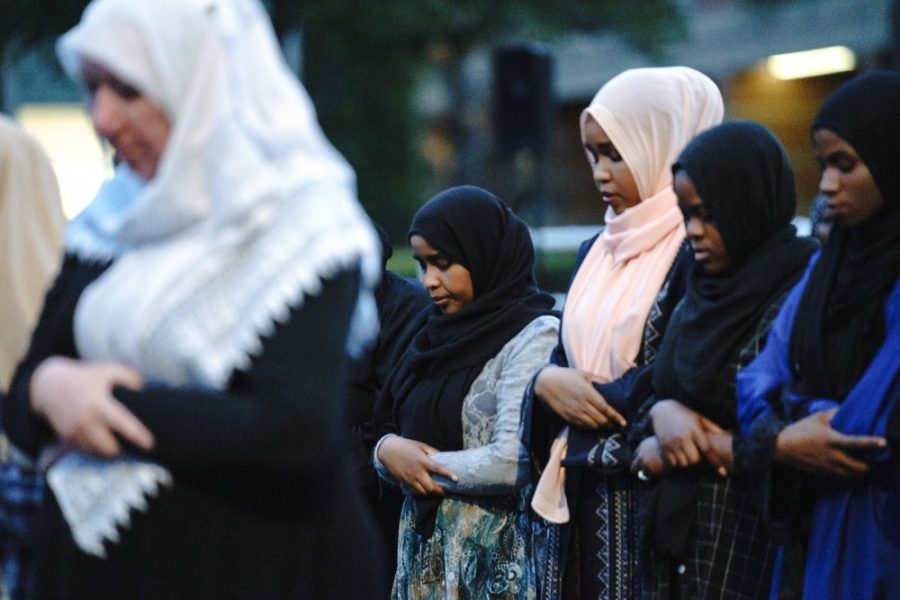
Around January of last year, Pacific Standard published a horrifying narrative from writer Amanda Hess, who described the rape and death threats she receives regularly via the Internet. On one of her articles, for example, one user commented, “Amanda, I’ll fucking rape you. How does that feel?”
On Twitter, she received messages from different though equally shining examples of humanity: “Happy to say we live in the same state. [I’m] looking you up, and when I find you, [I’m] going to rape you and remove your head.”
Hess went on to explain that when she went to the police and other law enforcement authorities, the threats weren’t taken seriously; after all, the nature of Twitter and the Internet made them essentially anonymous. The users were probably just trolling. Right?
Hess isn’t alone in her experiences. BBC quotes Dunja Mijatovic, the Organization for Security and Co-operationin Europe’s Representative on the Freedom of the Media, as saying that online abuse against female journalists is “a global phenomenon growing at a very rapid pace.”
This abuse can happen through a variety of platforms, and it’s not just directed at journalists or women.
Last semester, at Colgate University in New York, students of color organized protests pushing for greater representation and education about minorities. Colgate’s mostly-white student body (67.8 percent of undergraduate students) carried out their own form of protest by taking to Yik Yak, an app that allows users to broadcast their thoughts anonymously to anyone in the vicinity.
The so-called “yaks” ranged from racist commentary (“i love black people, my maid was always nice to me”) to threats against specific student protestors (“bash that bitch’s head in”).
One of the cardinal rules of the Internet is “don’t feed the trolls.” Getting into an argument with someone who is being willfully ignorant or inappropriate won’t fix the situation.
However, where can we draw this line? Journalists, students and other citizens are receiving death threats. Do we take this seriously?
We should. Online abusers generally write with a shield of anonymity; they are physically and metaphorically separate from their victims, who they will likely never meet face-to-face.
This gives them the bravery to write things they would never actually say in person. Gaming journalist Alanah Pearce proved this when she tracked down the parent of one of the boys who was sending her rape threats and informed them about it. The parent was appropriately outraged.
While that may make an amusing anecdote, the anonymity problem still remains, mostly because victims generally don’t receive the same favor. Journalists write on professional platforms with their real names. The students at Colgate feared for their safety, because everyone knew who they were. They didn’t have the luxury of hiding under a blanket of facelessness or anonymous Twitter handles.
For this problem to have a solution, we have to start taking it seriously. Law enforcement should have better methods of dealing with online threats as they arise, rather than brushing them off just because they’re “probably” trolls. Social media platforms should become more aware of this type of abuse. They shouldn’t just ban users’ accounts but create actual consequences.
Jake Harwood, a UA professor of communication, explained that “when people are anonymous, they tend to act more in terms of group identities. So, someone might act more like a prototypical man … or American, or Republican, et cetera, when they can’t be identified as an individual.”
This type of behavior will probably continue to some extent. After all, people have always acted badly to one another. However, keeping up collective accountability is becoming increasingly important for our society, especially as this anonymity multiplies.
“Don’t feed the trolls” is not going to work anymore. Instead, society should force trolls into the light — where they are just as insecure as their victims.
_______________
Maddie Pickens is an economics freshman. Follow her on Twitter.








